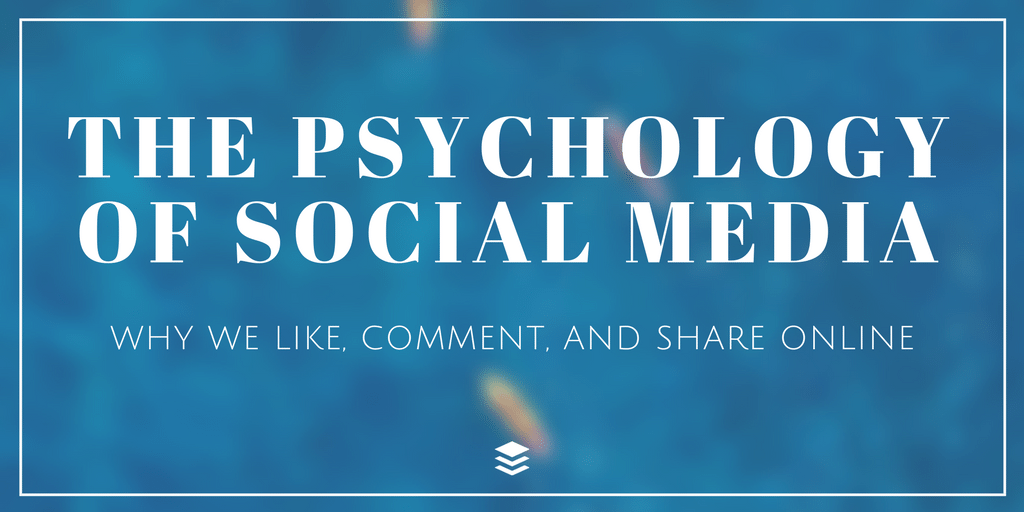In today’s digital age, social media likes have become a ubiquitous form of validation and recognition. Each time you post a photo, share a status update, or upload a video, you eagerly anticipate the likes, hearts, or thumbs-ups that signify approval from your virtual audience. But have you ever wondered about the psychology behind these tiny, yet powerful, icons? In this article, we delve into the intricate world of social media likes, exploring the human psyche and the profound impact these digital gestures have on our well-being.
The Gratification of Instant Approval
Instant Gratification
In a world that values immediacy, social media likes provide instant gratification. When you post something, the rapid influx of likes triggers a release of dopamine, a neurotransmitter associated with pleasure and reward. This dopamine rush makes you feel good, reinforcing the behavior of posting and seeking likes.
Fulfillment of Social Media Needs
Likes fulfill our innate social needs. Social media likes also serve as a form of social validation, signaling that we belong and are accepted within our online community. This sense of belonging enhances our self-esteem and strengthens our online connections.
The Influence of Social Comparison
Social Comparison Theory
Social media offers an abundance of opportunities for social comparison. When we see others getting numerous likes, we subconsciously compare our own like counts. Social comparison theory suggests that we tend to evaluate ourselves by comparing with others, which can lead to either positive inspiration or negative self-perception.
The Fear of Missing Out (FOMO)
FOMO drives the desire for likes. Seeing friends or influencers enjoying high like counts can create anxiety, as we fear missing out on the perceived benefits of those likes. Moreover, this fear fuels our own quest for validation through likes.
The Quest for Authenticity
Authentic Self-Presentation
People are drawn to authenticity. While social media likes may provide validation, they often hold more weight when they are seen as genuine reactions to authentic content. Posting honestly and been real can lead to more significant likes that resonate deeply with your audience.
The Downside of Overcurating
Conversely, overcurating your social media presence can diminish the authenticity of your content. While it may garner likes, it can also create an impression of insincerity. Balancing personal authenticity with the desire for likes is essential for a fulfilling online experience.
The Pitfalls of Social Media Likes Addiction
Negative Emotional Impact
While likes can bring joy, they can also have adverse effects. The absence of likes or a dip in like counts can also trigger feelings of let down, sadness, or inadequacy. Over time, overly reliance on likes for self-worth can lead to a fragile sense of self-esteem.
The Echo Chamber Effect
Seeking social media likes can sometimes lead to the creation of an echo chamber, where individuals only post content they believe will garner likes, inhibiting diverse opinions and genuine expression. This can further hinder significant discussions and personal growth.
Tips for a Balanced Approach
Practice Mindful Consumption
Be mindful of your social media consumption. Instead of mindlessly scrolling, engage with content that genuinely interests you. Quality engagement can lead to more meaningful connections.
Set Realistic Expectations
Understand that not every post will go viral, and not every like defines your worth. Setting practical expectations for social media engagement can also help you maintain a healthy perspective.
Prioritize Offline Connections
Don’t neglect your offline life for the sake of likes. Moreover, nurture real-world relationships, hobbies, and self-care to maintain a balanced and satisfying life beyond the screen.
Conclusion
Social media likes also have the power to influence our emotions, behaviors, and self-esteem. Understanding the mind science behind these digital gestures empowers us to use social media more consciously and authentically. While likes can offer validation and joy, they should not define our self-worth. By setting a balance between online and offline life, practicing mindful consumption, and nurturing authentic connections, we can find a more robust relationship with social media likes and embrace the digital world with greater resilience and authenticity.

